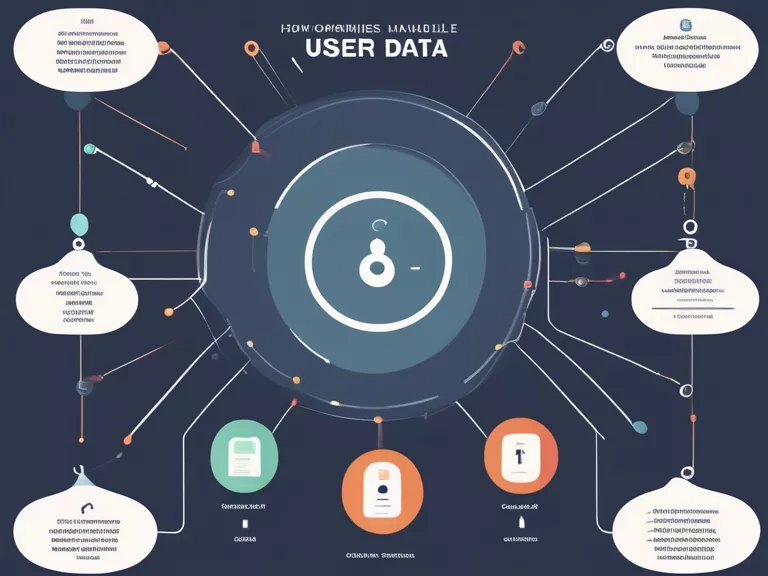
Introduction
In today's digital world, the protection of sensitive information is more critical than ever. With the increasing number of data breaches and cyber threats, safeguarding data privacy has become a top priority for individuals and organizations alike. This article explores proven strategies for protecting sensitive information and ensuring data privacy.
Importance of Data Privacy
Data privacy refers to the protection of sensitive information from unauthorized access, use, or disclosure. In an age where personal and confidential data is constantly being collected and shared, maintaining data privacy is essential to prevent identity theft, fraud, and other cybercrimes. Additionally, compliance with data privacy regulations such as the GDPR (General Data Protection Regulation) and CCPA (California Consumer Privacy Act) is crucial for businesses to avoid hefty fines and reputational damage.
Proven Strategies for Data Privacy
Encryption
Encryption is a powerful tool for securing sensitive information by encoding it in a way that only authorized parties can access it. By encrypting data at rest and in transit, organizations can protect data from unauthorized access, even if it is intercepted or stolen. Implementing strong encryption algorithms and regularly updating encryption keys are essential for maintaining data privacy.
Access Control
Implementing strict access controls is another effective strategy for safeguarding sensitive information. By limiting access to data based on user roles and permissions, organizations can prevent unauthorized users from viewing or modifying confidential data. Multi-factor authentication, strong passwords, and regular access reviews are essential components of a robust access control system.
Data Masking
Data masking involves replacing sensitive information with fictional or obfuscated data to protect confidentiality while maintaining usability for testing or development purposes. By masking sensitive data such as social security numbers or credit card details, organizations can minimize the risk of data exposure during testing or data analytics activities.
Regular Data Audits
Conducting regular data audits is crucial for identifying vulnerabilities and ensuring compliance with data privacy regulations. By reviewing data access logs, monitoring user activity, and identifying potential security gaps, organizations can proactively address any issues that may compromise data privacy. Data audits also help in detecting unauthorized access or data breaches at an early stage.
Employee Training
Employee training plays a vital role in maintaining data privacy within an organization. By educating employees on data security best practices, raising awareness about phishing scams, and emphasizing the importance of protecting sensitive information, organizations can cultivate a culture of data privacy. Regular training sessions and simulated phishing exercises can help employees recognize and respond to security threats effectively.
Conclusion
Protecting sensitive information and ensuring data privacy are paramount in today's data-driven world. By implementing proven strategies such as encryption, access control, data masking, regular data audits, and employee training, organizations can enhance their data security posture and mitigate the risks of data breaches. Prioritizing data privacy not only safeguards confidential information but also builds trust with customers and stakeholders. Stay vigilant, stay informed, and stay protected.
No domains found.



